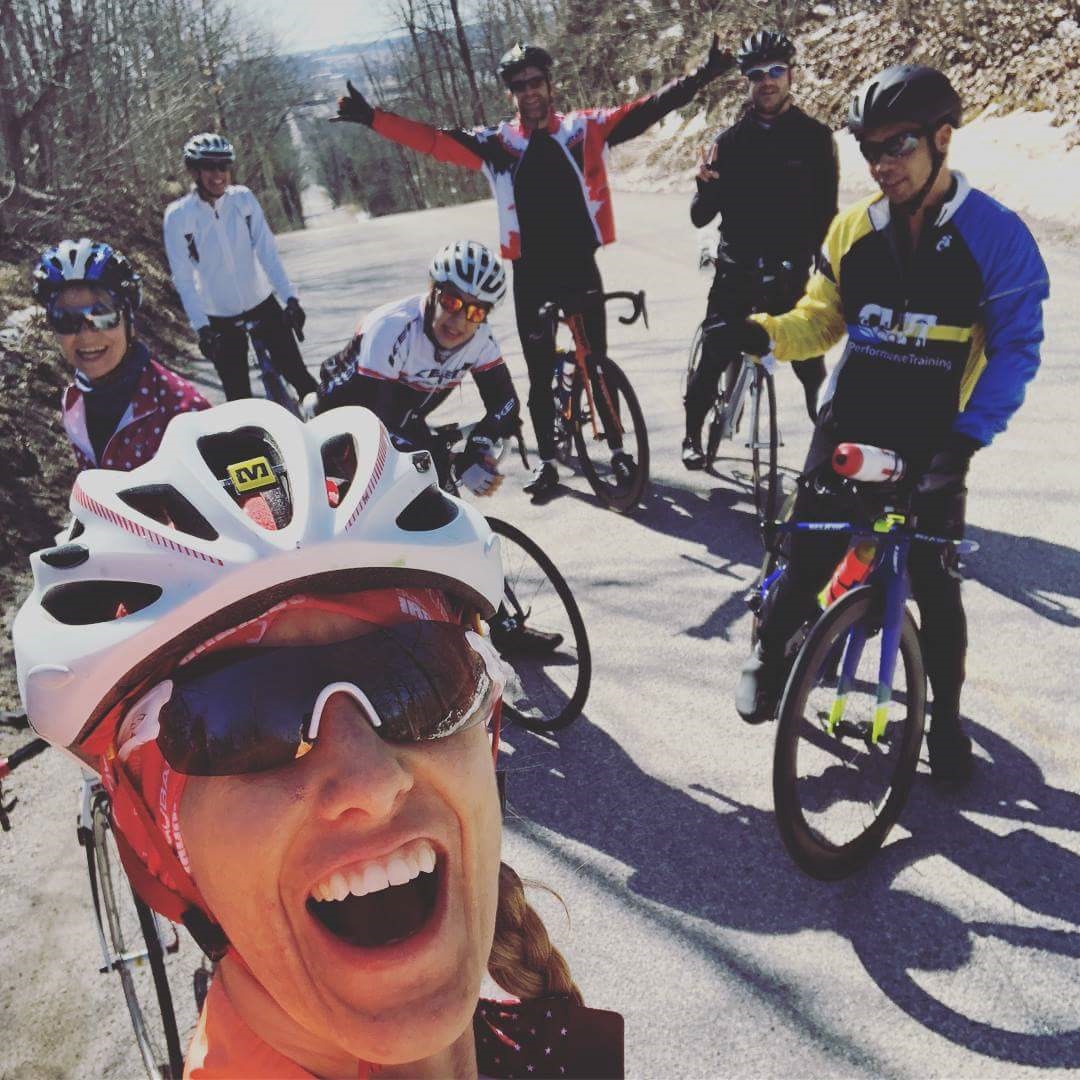Training camp for multi sport or a single sport is a fantastic way to build volume, skills and learn from coaches and other athletes. Whether it’s a day, a weekend or week, being prepared will ensure you get the most out of the experience. Here are some things to keep in mind:
- Get your bike in order. Riding through the winter is easy if you have an indoor trainer or go to a cycling studio. All of the technical logistics can be ignored when you haven’t had to think about flat tires, mechanical issues, weather or traffic. Before you think about transporting it to your destination, consider a tune up and cleaning – especially if last season’s sport drink splashes and tape are still stuck on the frame. Take off that race number – and don’t forget to put your toolkit back on!
- Make a packing list in advance. Packing for a warm destination in the middle of winter – or outdoor training when you’ve been inside for so long – takes some effort. Temperature fluctuations between day and night – and changeable weather means preparing for many conditions . Most of us will have put away our summer gear, and along with it, many of the items that would usually be stowed in our gear bags. That checklist will be useful, especially if you pack the night before when your attention has been focused on last minute travel details and getting your bike ready for shipping or transport. Don’t forget those chargers!
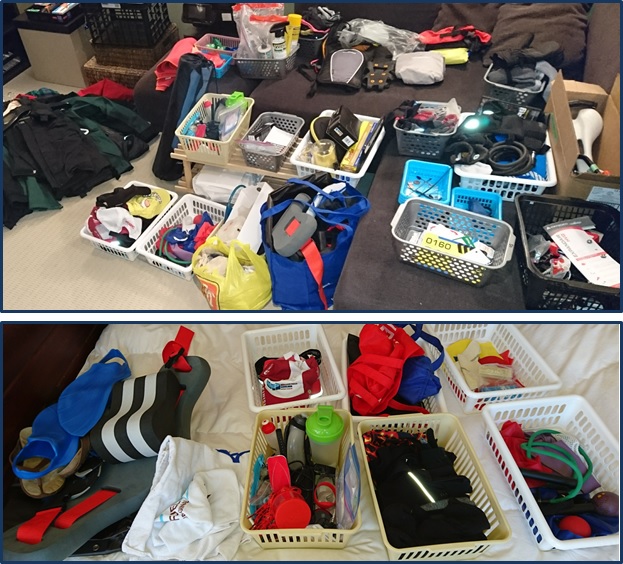
- Remember to pack nutrition. While the training camp might provide meals and snacks, your training nutrition is unique to your own needs. Start the season by establishing good habits when it comes to proper hydration and fueling so you won’t have to learn from some bad experiences just before (or worse, during) your ‘A ‘race.
- Clean out your gear bag and start fresh. It’s easy to let the little bits and pieces accumulate in the pockets of gear bags that are intended for carrying a multitude of bits and pieces. Before starting to pack, clear it out and check expiry dates and packages of half-used anything. Replace supplies of chamois cream, sunscreen, inner tubes, mole skin….whatever you use to prevent or treat the discomforts of training. And make sure your bike repair kit is properly stocked.
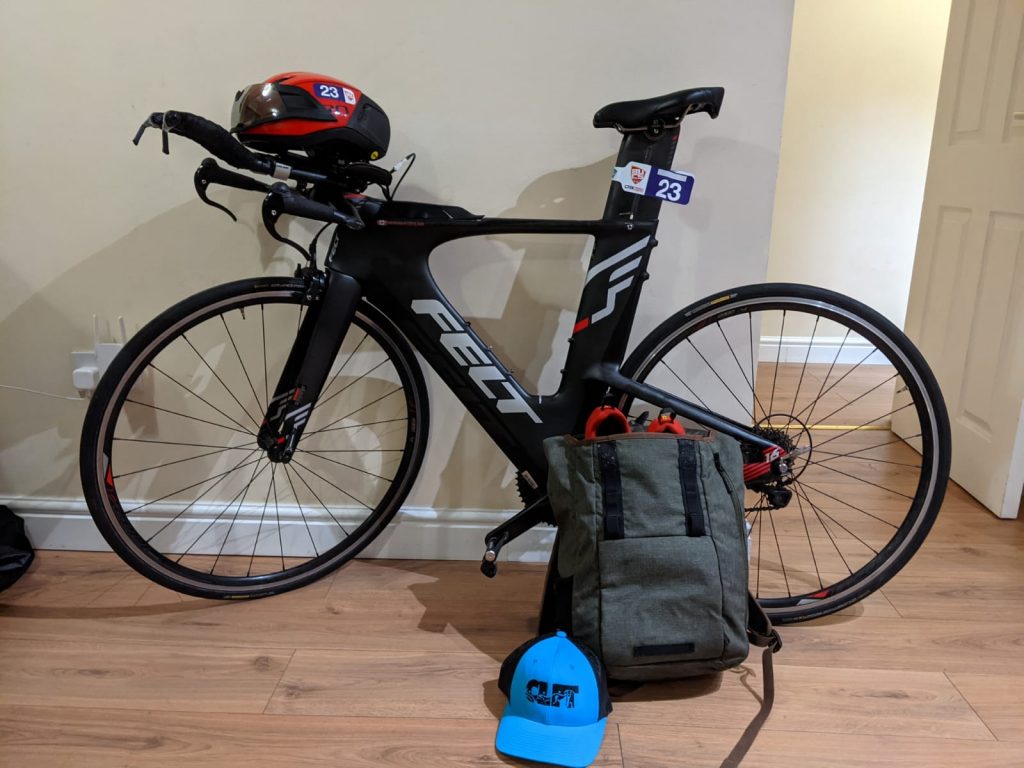
- Think about those personal comfort items. The little tricks you needed last summer for dealing with chafing, sunburn, stomach upsets, blisters or swimmers ear might come in handy over the course of an intensive few days of training – especially in warmer temperatures. Planning ahead can make a big difference.
- Plan how you will transport your bike. If you are going to a destination camp, this can be the most challenging detail, and offers the greatest opportunity for disaster if you don’t get it right. Different airlines treat bikes differently, and charge for it. Find out in advance how your airline operates, and what you can do to prevent loss or damage before just showing up at the airport.
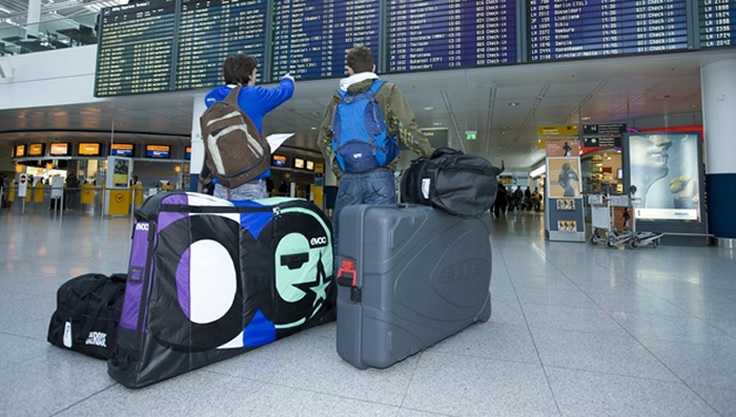
- Get help packing your bike. If you aren’t comfortable or experienced packing your bike for transport, this is a good time to have someone teach you the ropes. Investing in some time with an expert to go through the process now could mean averting a last minute disaster at a race when mechanical support teams are in high demand. And be sure to pack the tools you need for re-assembly at the other end.
- Research some resources at your destination. Don’t just assume you can rely on Google maps to find resources at your destination should you realize you left your cycling shoes at home (back to previous point) and have a big ride scheduled the next morning. Knowing where the nearest store is, or finding a local tri club contact might put you in touch with a community willing to help you borrow a pair at some ungodly hour of the morning.
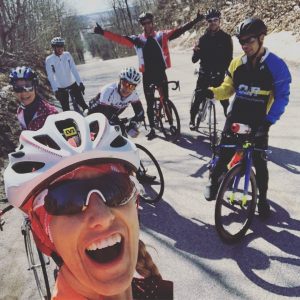
- Familiarize yourself with the itinerary in advance and commit to following it. Waiting for participants who are unprepared or not paying attention to start times is frustrating for everyone. And if you need to bail or change course on a session, let the coaches know.
